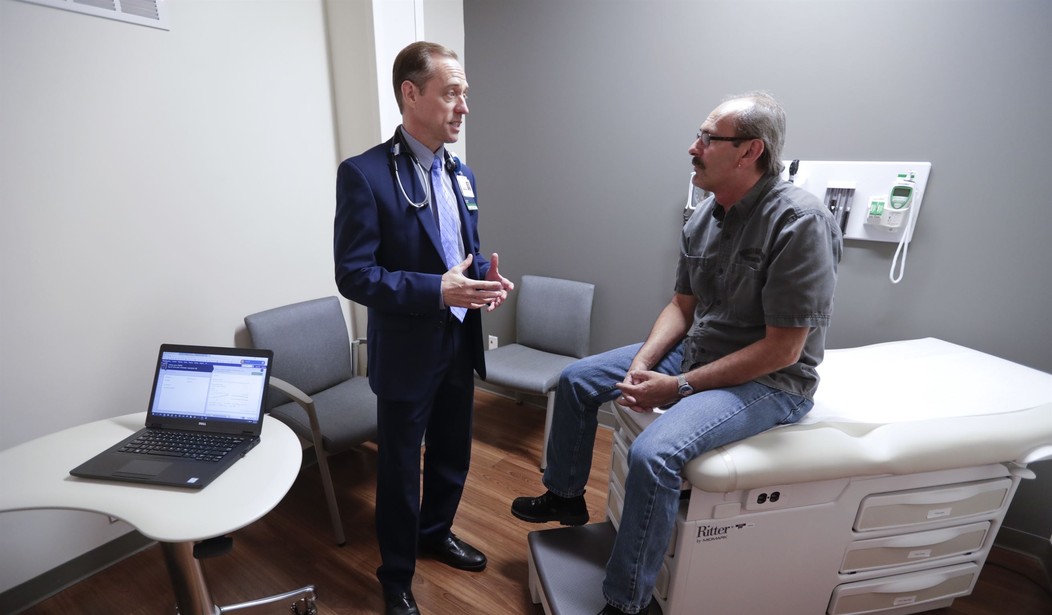When hours count, such as during the COVID-19 situation, rapid care coordination is crucial. While perhaps too late for this crisis, a new line of defense will soon become operational that will aid in obtaining medical histories quickly, speeding up care and reducing redundancies. Think of it as an advanced level of care coordination.
When he was elected, President Trump pledged to put patients first and has followed-up on this commitment in a historic way. His MyHealthEData initiative, announced in 2018, was created to empower patients by giving them easy access to their personal health data.
Turning initiative into action, the Department of Health and Human Services (HHS) on March 9 announced the finalization of two rules, issued by the HHS Office of the National Coordinator for Health Information Technology and Centers for Medicare and Medicaid Services, that would give safe, secure access to health data for all Americans. Armed with their personal health data, Americans will have an important tool to assist them in making more informed health care decisions.
The rules provide extraordinary access to this kind of data for individuals and are the most significant data sharing policies ever realized by the federal government. Previous administrations have attempted this level of interoperability and laws were enacted to achieve it, but it’s the Trump administration that’s actually delivered it. Now, both private and public organizations must share health information between patients and other parties in a manner that ensures safety, privacy and security.
Recommended
Americans will be able to manage their health care in the same way they handle their travel and utilize other information. They’ll be able to use their smartphones to shop for care driven by apps that will provide price and product transparency.
Gone are the days where patients are kept in the dark as the Trump administration breaks down data silos that negatively affect care and increase costs due to redundancies like repeated tests. Patients may now expect improved health outcomes and lower costs.
According to HHS Secretary Alex Azar, patients will have “countless new opportunities for them to improve their own health care, find providers that meet their needs, and drive quality through greater coordination.” Care coordination is key, particularly for Medicare Advantage (MA) beneficiaries. Every year during the annual enrollment period, Medicare beneficiaries have the option of choosing a new MA plan. As a result of these rules, MA members will be able to take their health data from plan to plan and provider to provider, creating a cumulative health record that will enable physicians to provide more efficient care. MA members and others will also be able to access critical claims data giving them more complete information to better manage their treatment.
Centers for Medicare and Medicaid Services Administrator Seema Verma said, “Thanks to the leadership of President Trump, these rules begin a new chapter by requiring insurance plans to share health data with their patients in a format suitable for their phones or other device of their choice. We are holding payers to a higher standard while protecting patient privacy through secure access to their health information.”
Coinciding with the new flu season, some features of these rules become applicable this fall and the process dictates that further application will be occurring in 2021 through 2023. Whether it’s a new strain of coronavirus or something completely different, patients and the health care system will have these advancements available to them to help combat tomorrow’s health challenges.
























Join the conversation as a VIP Member